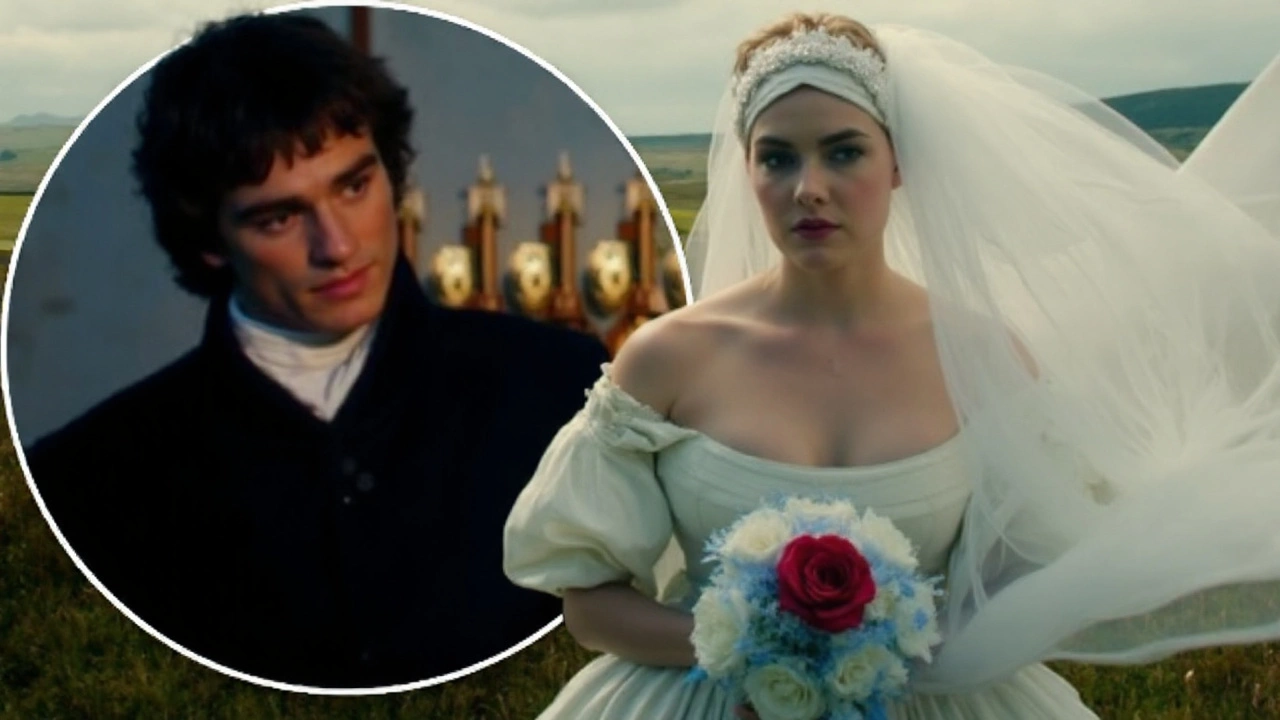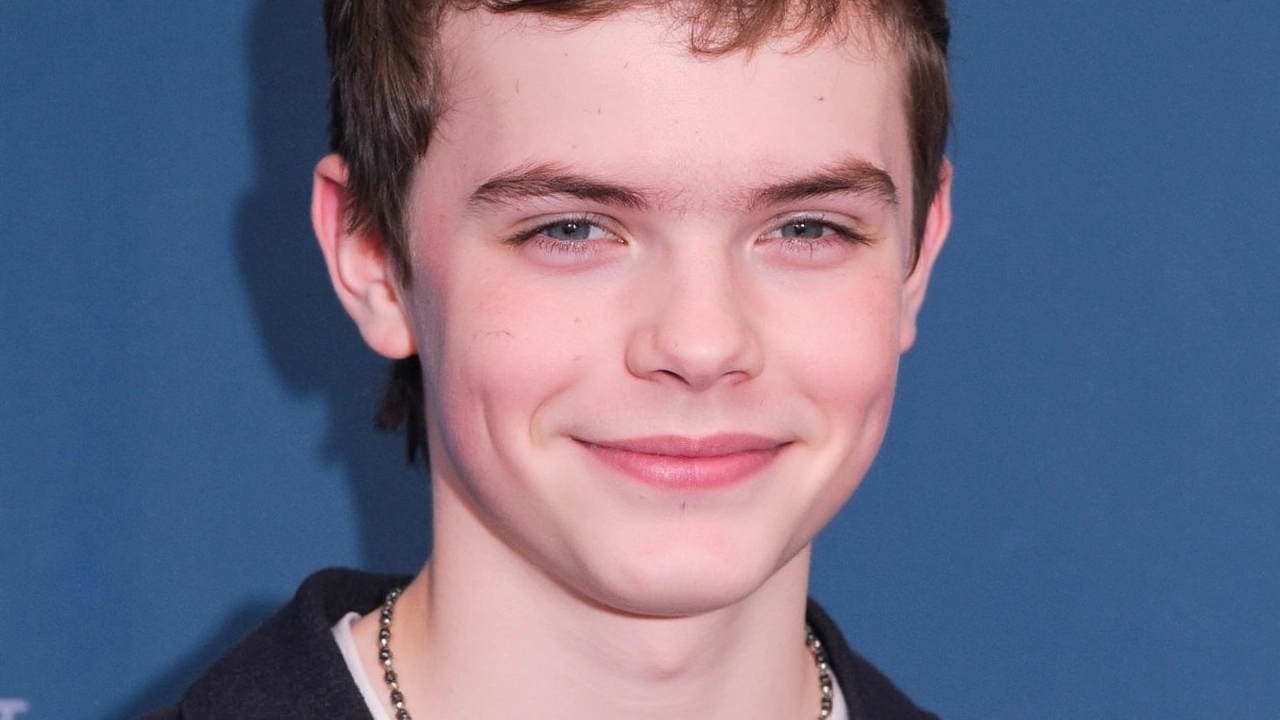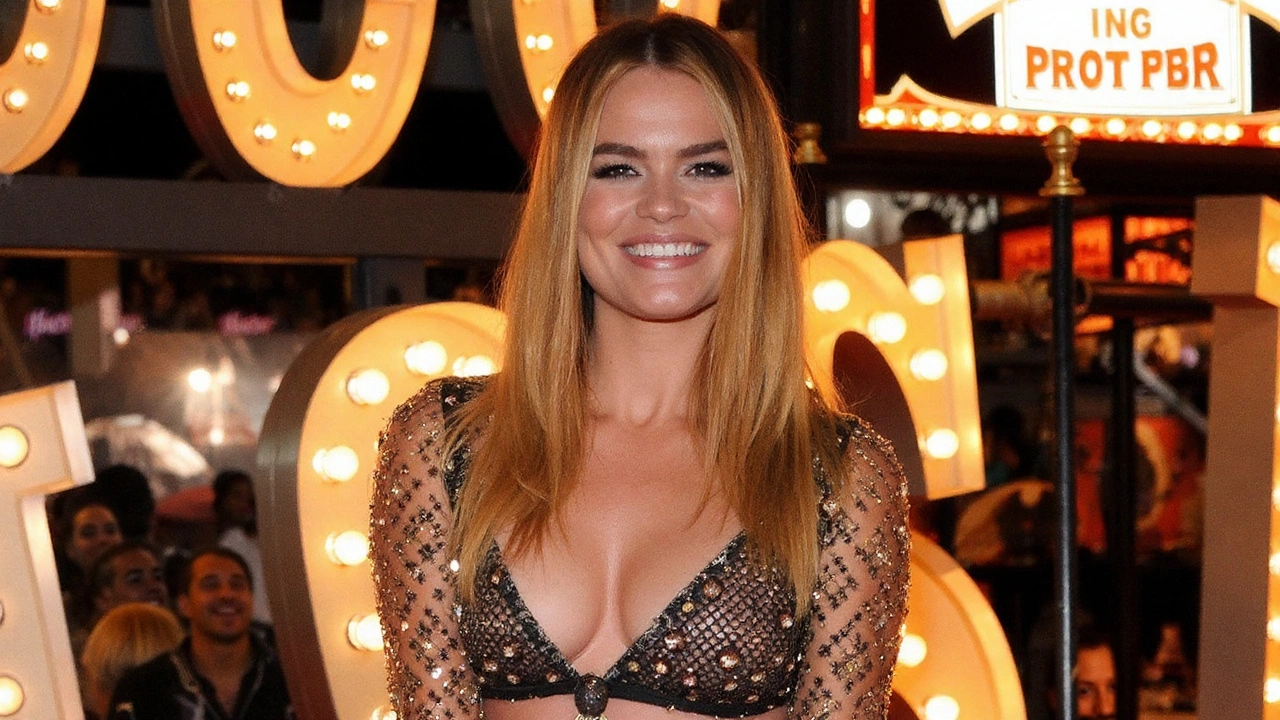A rising teen star steps onto the moors
Owen Cooper’s second screen role is a big swing: the 15-year-old breakout from Netflix’s Adolescence has been cast as young Heathcliff in Emerald Fennell’s adaptation of Wuthering Heights, dated for February 13, 2026. It puts one of literature’s most volatile characters in the hands of a newcomer who already carries an Emmy nomination for his debut. Cooper was born December 5, 2009, in Warrington, England, and turned heads as Jamie Miller in Adolescence, a performance that landed him a Primetime Emmy nod and sped up his path from promising kid to genuine industry watch.
The new film is written and directed by Fennell, whose Promising Young Woman won her an Oscar for original screenplay and whose Saltburn became a lightning rod for its audacious tone. She reunites with producer Margot Robbie, who also stars here as Catherine Earnshaw. Jacob Elordi plays Heathcliff in adulthood, with Cooper covering the character’s formative years on the moors. LuckyChap Entertainment, Robbie’s banner, produces again with Warner Bros. Pictures set to oversee a theatrical rollout and heavyweight marketing push.
This wasn’t a quiet pickup. Netflix initially came in hard with a reported $150 million bid for distribution. Warner Bros. ultimately closed the deal for around $80 million, securing a traditional cinema-first path and the studio muscle to push a prestige title during awards season. It’s a return to form for an old-school Gothic romance: a winter release, a big-canvas adaptation, and a filmmaker known for sharp, modern edges.
Principal photography ran from late January to early April 2025 in the United Kingdom. The production split time between stages at Sky Studios Elstree and extensive location work in the Yorkshire Dales. The team shot in Arkengarthdale and Swaledale, the village of Low Row, and across the Yorkshire Dales National Park. The goal: make the landscape a character, not just a backdrop. Linus Sandgren, an Oscar-winning cinematographer known for rich, textured imagery, led the shoot, which should give the film that windswept, tactile moorland feel Brontë readers expect.
Beyond Robbie and Elordi, the film’s ensemble features Hong Chau, Alison Oliver, and Shazad Latif. Several actors make their feature debuts: Charlotte Mellington plays young Catherine and Vy Nguyen plays young Nelly alongside Cooper’s Heathcliff. The structure suggests Fennell will spend real time in the youth chapters before handing off to the older cast, a choice that can sharpen the story’s emotional whiplash—childhood bonds calcifying into adult obsession and ruin.
The first trailer is already stirring debate. Cut to Charli XCX’s “Everything is Romantic,” the footage signals a blend of Gothic gloom and glossy pop instinct. Early industry screenings point to mature content and stylistic swings that may split audiences familiar with tidy period dramas. That tracks with Fennell’s approach: lean into discomfort, make the familiar feel dangerous.
Key facts so far:
- Release date: February 13, 2026 (theatrical)
- Writer-director: Emerald Fennell; Producer: Margot Robbie/LuckyChap Entertainment
- Cast: Owen Cooper (young Heathcliff), Jacob Elordi (Heathcliff), Margot Robbie (Catherine), Hong Chau, Alison Oliver, Shazad Latif; debuts from Charlotte Mellington (young Catherine) and Vy Nguyen (young Nelly)
- Cinematographer: Linus Sandgren
- Production: Late January–early April 2025; Sky Studios Elstree and Yorkshire Dales locations including Arkengarthdale, Swaledale, Low Row
- Distribution: Warner Bros. Pictures (won after a Netflix bidding attempt)
For Cooper, this role arrives fast. Adolescence introduced him as a naturalistic, sharp-eyed presence—someone who could carry silence and still hold the frame. Playing young Heathcliff is a different beast. The character is a foundling, raised and then degraded, crushed by class and resentment, and forged into something both magnetic and cruel. If Cooper nails those early fractures—the tenderness and the scar tissue—he sets up Elordi’s adult turn to hit harder.
Cooper’s schedule is packed. He’s also been cast in the BBC’s upcoming series Film Club, playing Callum. That keeps him in the public eye through 2025 and builds a runway to the 2026 movie release. It’s a smart cadence for a teen actor: one prestige TV role that proved he can lead, one art-forward film that tests range, another TV role to keep audiences close.

The controversy—and the creative bet behind it
Heathcliff has long sparked debate over how faithfully adaptations treat Brontë’s description. The novel calls him “dark-skinned,” and many scholars read him as likely of Roma or “Gypsy” background, terms of the period that carry heavy baggage today. Film history, however, has often ignored that. Laurence Olivier played him in 1939. Ralph Fiennes took the role in 1992. Andrea Arnold’s 2011 version, which cast James Howson, was an outlier that foregrounded Heathcliff’s otherness more directly.
Fennell’s film has drawn fire for casting Jacob Elordi, a white actor, as adult Heathcliff, and for the age gap between some leads and their teenage characters. The production isn’t alone in that practice—period dramas often cast older—but it still fuels questions about authenticity. Casting director Kharmel Cochrane has pushed back, signaling that fidelity to the letter of the novel was not the project’s top priority and hinting at other bold choices in design and content.
That stance lines up with Fennell’s track record. Promising Young Woman and Saltburn both reworked familiar genres with acidic humor, heightened style, and a willingness to shock. A Brontë adaptation from her was never going to be a museum piece. The trailer’s use of Charli XCX points to a deliberate clash: 19th-century heartbreak scored to modern pop, suggesting an emotional throughline rather than a heritage aesthetic.
What does that mean on screen? Expect the moors to be beautiful and hostile. Expect the romance to sting. And expect the class rift—Heathcliff’s status as an outsider who is simultaneously desired and despised—to be front-loaded in the youth chapters. With Cooper and Charlotte Mellington handling the teenage years, the film can build the bond between Heathcliff and Catherine in detail before the adult performances take it to a darker place.
The timing is canny. A Valentine’s-adjacent release gives Warner Bros. the shot to market a dangerous love story against safer date-night fare. If the film leans into adult content, it becomes counterprogramming: for viewers who want passion with bite, not comfort. Awards prospects will depend on execution, but the ingredients are there—prestige IP, a filmmaker with a distinct voice, and a cast that attracts conversation.
The locations add muscle. Shooting in Arkengarthdale and Swaledale brings the wind, the mud, and the huge skies that make Yorkshire a character. Those valleys aren’t just pretty; they feel indifferent, even punishing, which fits Heathcliff and Catherine’s love story. Productions like this often boost local economies in the short term—crew hires, lodging, and supplies—while long-term effects can include a tourism bump if the film breaks out.
Sandgren’s involvement hints at a polished but immediate texture. He’s known for generous natural light and saturated palettes when the story calls for it, and for elegant camera movement that doesn’t get in the way of performance. If Fennell wants the film to feel tactile—wet fabric, blown hair, boots in peat—the cinematography team can deliver that without slipping into postcard prettiness.
The rating hasn’t been announced. Early chatter about mature content suggests the film won’t play coy with sex or violence. That fits the source material’s spirit. Wuthering Heights is a novel about desire, cruelty, and the fallout of class and neglect. It’s not genteel. It’s a storm.
The creative risks extend to music choices, costume design, and pacing. A modern track in the trailer doesn’t mean a wall-to-wall pop soundtrack, but it signals intention. This is about making the feelings in a 19th-century story legible to a 21st-century audience without sanding off the edges. That’s a tightrope. When it works—think of how recent literary updates have found fresh urgency—it can expand the audience without losing the core.
For Cooper, the stakes are personal and professional. Young Heathcliff demands physical commitment—long days outdoors in winter, fights, bruised knees—and emotional control. He has to show how a boy absorbs humiliation and transforms it into resolve and spite. Get that right, and the adult Heathcliff’s choices feel inevitable instead of melodramatic.
For Warner Bros. and LuckyChap, the bet is that a classic with star power and a provocative filmmaker can cut through a crowded February. The studio has the marketing levers. LuckyChap brings taste and momentum after shepherding Fennell’s first two features. If the film hits, it becomes both a box-office story and an awards conversation starter.
As for viewers, there’s real curiosity around how far Fennell pushes. The casting conversation isn’t going away. Neither is the interest in seeing how the youth timeline plays with the adult one, and where the film lands on the spectrum between Romantic tragedy and Gothic horror. What’s clear is that this isn’t an adaptation aiming to disappear into the fog. It wants to be seen—and argued about.

